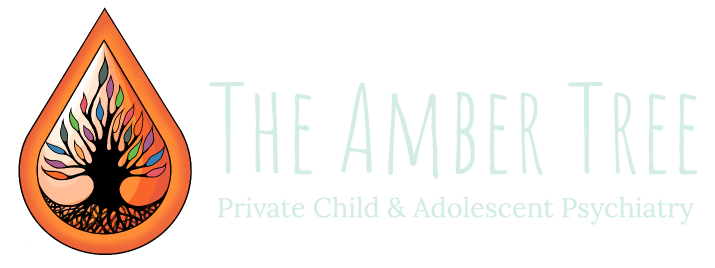CBT has been shown to be effective in treating a wide range of mental health issues, including:
- Depression
- Anxiety Disorders (such as Generalized Anxiety Disorder, Social Anxiety Disorder, Panic Disorder)
- Obsessive-Compulsive Disorder (OCD)
- Post-Traumatic Stress Disorder (PTSD)
- Eating Disorders
- Phobias
- Stress Management
- Anger Management
- Substance Abuse Issues
What to Expect During CBT?
Therapeutic Relationship: You’ll work with a trained therapist in a safe, non-judgmental environment.
Collaborative Approach: CBT is a collaborative process where you and your therapist work together to identify and address your specific challenges.
Structured Sessions: Sessions are often structured, with a focus on specific goals and techniques.
Time-Limited: CBT is typically a short-term therapy, often lasting from a few weeks to several months, depending on individual needs.
Initial Assessment: In your first session, you’ll have an initial assessment where you’ll discuss your goals, concerns, and any history that might be relevant to your therapy.
Remember, CBT is just one of many approaches to therapy, and what works best for one person may be different for another. It’s important to find the approach that feels right for you
